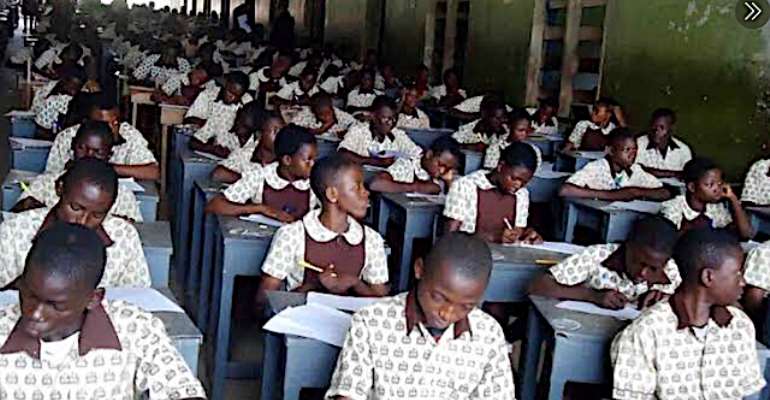Challenges Of Schools Re-opening

The pandemic called Covid19 brought the entire world into a situation now referred to as the ‘new normal’. All over the world it became normal for offices, industries, travels, schools to shut down. For the schools to re-open is not new, however the closure took place at a time it was considered a weapon; one of the prongs of global battle against Covid19. Before arriving at this decision there were serious debates in various countries.
The re-opening also generated similar debates and intellectual, socio-economic and political arguments as to the rationale for doing so. It is no secret that while the arguments were going on as part of the fundamental rights of freedom of speech, conscience, contribution of citizens towards democracy, students and teachers were attending religious worships, playing sports, participated in socio-economic and political activities, including market places and other activities, none of which showed serious observance of the proclaimed guidelines.
The central issued in all these debates and arguments is how many lives would be saved by adopting one argument rather than the other. It is daisy to decide one way or the other. The Centre for Disease Control (CDC) being the arbiter in the discourse has outlined various guidelines for prevention and control of the spread of Covid19, but the observance and practices are still below set standards even as schools are re-opening.
These guidelines are not rocket science. They include basic hygiene precautions as washing hands with running water. Use of face mask and maintaining social distance of not less than three metres apart from each other, if you must be in the crowd of religious services, schools, transport, market places and political gatherings.
The critical issue now is whether the stakeholders in the educational system are sufficiently sensitized to re-open schools, without raising a new wave of the pandemic? One has to be specific in answering such question because of the size of the national educational sector – quite huge. Juxtapose this with the dichotomy between public and private schools. I am not persuaded to go into the divisions among the different private schools and the negative impact they have on decisions in this sector,
Since the policy decision has taken off already with induction training on the guidelines, what remains are the concerns so doing raises for parents, students, teachers, para-educational staff and other stakeholders like education NGOs. One of such concerns is the increase in transport fare induced by the observance of social distancing in various means of transport coupled with the imminent increase in fuel costs. Also pertinent is the fact that return to school with more passengers at the bus stop might induce shortage of transport facilities.
Education is a social service as opposed to economic venture. Of course no one is blind to the fact that most private schools/institutions operate as pure economic ventures. Therefore the need for corporate social responsibility (CSR) on the part of state and federal governments with their relevant ministries put on alert throughout the schools exit duration, because it would not be unheard of, if the exercise induces a new wave of the pandemic. God forbid!
Iyke Ozemena Esq
Corporate Attorney/Consultant IKECHUKWU O. ODOEMELAM & CO
